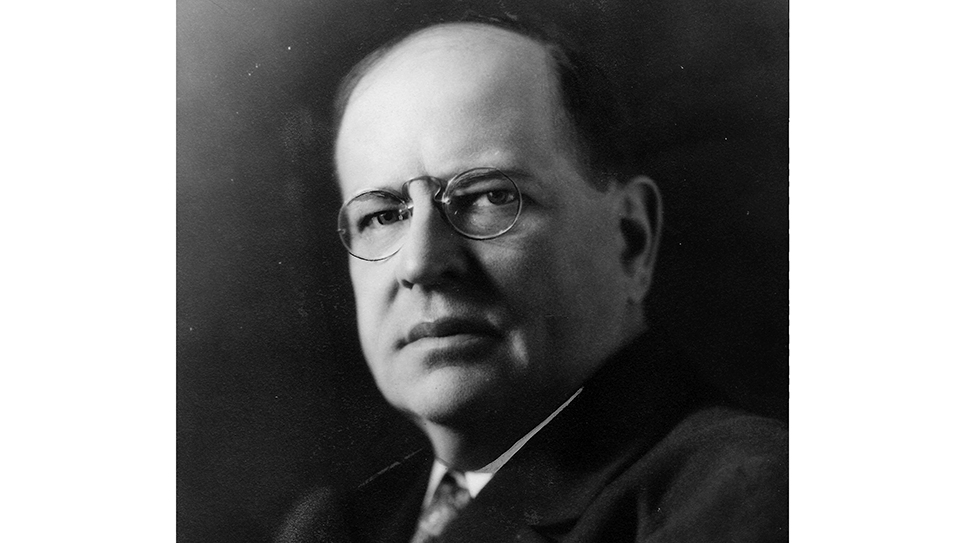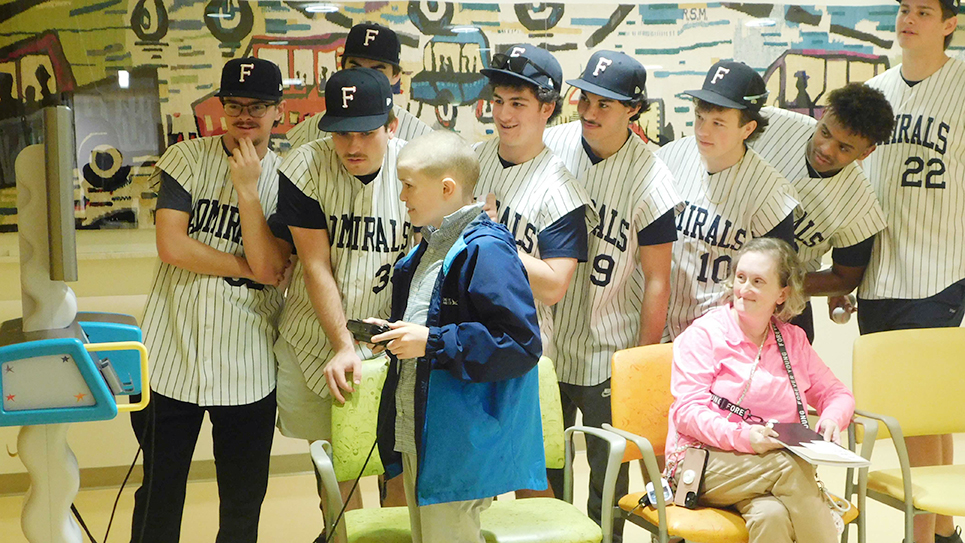The Theodicy Question
What is essential is invisible to the eyes.
Antoine de Saint-Exupéry
Any compassionate person struggles with injustice, the antipode of fairness. Many moons ago, my children would occasionally complain that I wasn’t being fair. But we all know that life is not always fair.
Is justice or fairness a situational or relative concept? It would seem that fairness implies a comparison, but to what? Philosopher Emmanuel Kant argued that we should seek “universal” truths where a concept like justice would be accepted by everyone everywhere as the standard.
The ancient Greeks built their civilization around what we now refer to as the “cardinal virtues.” These are courage, common sense, moderation and justice. Five hundred years later, the Apostle Paul eloquently described what we now call the “theological virtues” of faith, hope and love (1 Corinthians 13:13). Metaphorically, I envision my ship built with cardinal virtues, but steered by the theological rudders of faith, hope and love.
History teaches us what happens when a culture replaces God, the quintessential standard of justice, with secular humanism, the belief that morality and self-fulfillment are capable without belief in God.
The French Revolution occurred just after our American Revolution, but the outcomes were vastly different. Experts have written extensively about the reasons, but it seems most likely that the difference is due to sovereignty.
Our Declaration of Independence held that men have “unalienable Rights” of “Life, Liberty and the Pursuit of Happiness endowed by their Creator.” Thomas Jefferson and the Founders held that God was sovereign.
In France, Robespierre and the Jacobins led their revolution, promising “Liberté (liberty), égalité (equality), fraternité (brotherhood).” Instead, French citizens got the “Reign of Terror” with kangaroo courts, regicide and the guillotine’s murderous chaos. Robespierre even had the chutzpah to erect an obelisk to reason, before the bloodthirsty mob turned on him and cut off his head.
Philosophy aside, the tragedy of a kid in our neighborhood underscores the concept of injustice. Without a father and returned to his impaired mother by the court system, he became “lost” to the tenuous anchors of stability in his life. Is it any wonder that he was a troubled kid? He may survive and rise above what seems to be cosmic injustice. JD Vance made it, but I fear the neighborhood kid will not.
The kid next door made the border tragedy of the Biden Administration real. More than 300,000 migrant children were lost by the government. Undoubtedly, many are subject to the horrors of human trafficking. Some end up in gangs like those attacking cops on the streets of New York or preying on others. It breaks my heart and provokes in me a rage of guillotine intensity.
The 300,000 number made me think of the estimated 300,000 American children who now identify as transgender. I find it perverse that children who can’t buy cigarettes, drive or vote are allowed to choose life-altering hormone blockers, brutal irreversible surgery and a lifetime of drug treatment for their psychiatric condition. Yes, gender dysphoria is codified by the DSM-5 as a psychiatric illness. The reason “trans people” are problematic in the military is because they have a psychiatric condition that precludes them from being in a combat zone.
I don’t doubt that some are born different from the majority. Ten percent of humans are born left-handed and were once stigmatized. Undoubtedly, some people are born with gender confusion, just as some are born homosexual. But even the British have figured out that an XY chromosome produces male characteristics and a genotypic XX produces a woman. Someone should demand that Ketanji Brown Jackson “follow the science.”
Childhood and adolescence are times of dramatic changes in brain development, bodily function and personality. In my internal medicine and geriatric practice, I used to ask people if they would go back and be a kid again if they had to learn all the lessons over. The answer was always, “No!”
In the scope of the human condition, some undoubtedly have gender dysphoria (confusion). I also believe some may find this orientation as unique or edgy. In times past, youthful breaking away from convention has been referred to as bohemian. Puccini’s opera “La Bohème” is about avant-garde lovers making their way in 19th-century Paris and trying to find themselves. At least these rebellious characters were young adults, not children.
I am a science-trained guy who also recognizes the Divine. Materialism or naturalism holds that we are free of any external force. At the other end of the spectrum, determinism implies that everything is under the direction of an omnipresent God. Instead of either/or, I see myself as part of God’s creation and subject to the physics He created and the Universe He sustains.
The biggest stumbling block to a spiritual perspective is the concept of theodicy or divine justice. If God is omnipotent, omniscient and omnipresent, why do bad things happen to good people? (from the book by Rabbi Harold Kushner).
The classical explanations of the divine justice/theodicy question are:
The no God
There is a cosmic battle between God and evil
We are all sinners and get what we deserve
We may not get justice now, but we will in the next life
(Karma is a last non-classical explanation for divine justice.)
I certainly don’t know the answer, but I see the Creator as infinitely more probable than the Universe just popping into existence eons ago. And I gravitate to the personal struggle of good/bad in me like the cartoon angel on one shoulder and a devilish one on the other whispering in my ear to influence my conscience, soul/essence.
And I take comfort in #4 that Grace is and will be sufficient for me and the neighborhood kid. In the meantime, I must do my best and my duty to God and country and those I love. (If this sounds familiar, it is my modification of the Boy Scout Pledge, when Boy Scouts were boy scouts).
In our journey, we are seekers and arbiters of justice. And most are parents in some manner. So, I recommend a practical sermon series entitled “Real and Ideal” at my church. It is a focus on parenting available on YouTube at Sevier Heights Church. It costs you nothing, but thirty minutes of your consideration.






